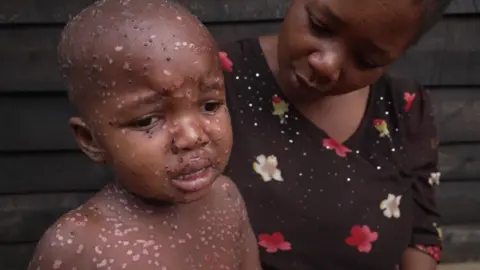Dr. Dimie Ogoina, a leading infectious disease expert at the Niger Delta University Hospital, Bayelsa State, has expressed grave concerns about the current mpox outbreak said, “I worry that in Africa, we are working blindly.”
Ogoina who chairs the WHO’s mpox emergency committee highlighted the gaps in understanding the virus’s transmission and severity, stressing that the virus’s rapid mutation is particularly alarming.
Ogoina first alerted the global health community to the potential for sexual transmission of mpox in 2017, which is now an accepted route of spreading the virus.
His fears are validated as clade Ib, a new strain of mpox, has quickly evolved to pose a serious threat. “It took clade IIb five years to become a major issue, but clade Ib has done so in less than a year,” he noted.
Mpox, formerly known as monkeypox, had been a relatively overlooked issue in Africa since its discovery in 1970 until its 2022 global surge prompted the WHO to declare a health emergency.
Although this declaration ended after 10 months, the emergence of clade Ib has renewed global concern.
The WHO has now declared a new health emergency due to clade Ib, a mutated version of clade I, which has been causing outbreaks in Congo for decades.
This year alone, Congo has reported over 18,000 suspected cases and 615 deaths from mpox.
Also, 222 confirmed clade Ib cases have been identified in four African countries, with cases also reported in Sweden and Thailand.



